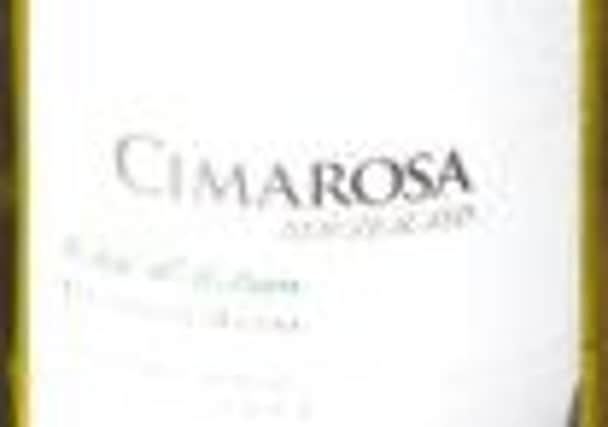Wine: Organic wines are taking off


Europe, however, is much less inhibited – as illustrated by last month’s news that more than 7 per cent of Germany’s active vineyards are now organically farmed.
Many wine producers across the continent have rejected the chemical fertilizers and pesticides used for years to combat disease and improve yields because chemicals seem to obscure the uniqueness of the land on which the vines grow. Instead, organic growers try to minimise intervention and, by doing so, to capture a purer expression of the terroir.
Advertisement
Hide AdAdvertisement
Hide AdFor a small example of the changing times, let’s look at something as apparently trivial as weeding in the vineyards. Once, anything but bare ploughed earth between vines signified sloppy vineyard management. Now, organic growers encourage “in between” vegetation. Indeed, the mix of plants growing there is often deliberately chosen to maximise the nitrogen flow to the vines and attract birds or insects. Those “guests” then become natural policemen in the fight against parasites.
Organics, and the more stringent bio-dynamic procedures, are anything but just a German phenomenon. Over the Rhine in Alsace, top winemaker Olivier Humbrecht MW is a passionate and convincing advocate of biodynamic principles. On a practical level, the wine he creates also reflects the brightness, clarity and sense of purity that so often goes hand-in-hand with this way of working. For a good example, seek out the balanced and surprisingly ripe tropical fruit flavours of 2011 Zind, Domaine Zind-Humbrecht (£18.45 from L’Art du Vin in Charlestown, Fife).
Back in Germany, I will pick out just two producers who provide particularly impressive biodynamic wines. It is instructive to start in Rheinhessen because, with towns like Nierstein and Oppenheim, the region was once, in effect, the capital of Liebfraumilch country. How things have changed. Dry wines have supplanted medium sweet ones; riesling not muller thurgau is now the dominant grape and mass produced wines are no longer king.
Early leaders in this transition were Weingut Wittmann which has been organic for more than 20 years and bio-dynamic since 2003. The Wine Barn (www.thewinebarn.co.uk) carry nine or ten Wittmann wines. These range from the fresh, juicy and apple-charged 2012 Wittmann Silvaner Qba Dry (£13.60) to the magnificent 2012 Wittmann Kirchspiel Riesling Grand Cru (£38.15). Here, the low-yielding old vines from an east-facing vineyard provide layered apple and lime fruit supplemented by delightful and complex minerality and grapefruit or tangerine acidity.
Head south, to the Pfalz (Palatinate as it used to be called here) for another hotspot of progressive winemakers. Despite converting to biodynamics relatively recently, Weingut Christmann is a rapidly rising star there. Enjoy, for example, the fresh lemon acidity but ripe and textured peach influences of 2012 Christmann Pfalz Riesling (about £13 a bottle but available in cases of six at Fine and Rare Wines – www.frw.co.uk). Better still, try the honey, lime and clover intensity of the beautifully aged 2007 Christmann Idig Riesling GG – if you can track it down in the UK.
Impressive as these wines are, however, the techniques involved are not universally good news. One grower told me ruefully that his is the only organic plot in a good sized vineyard – and the birds ate all his grapes but ignored everyone else’s.